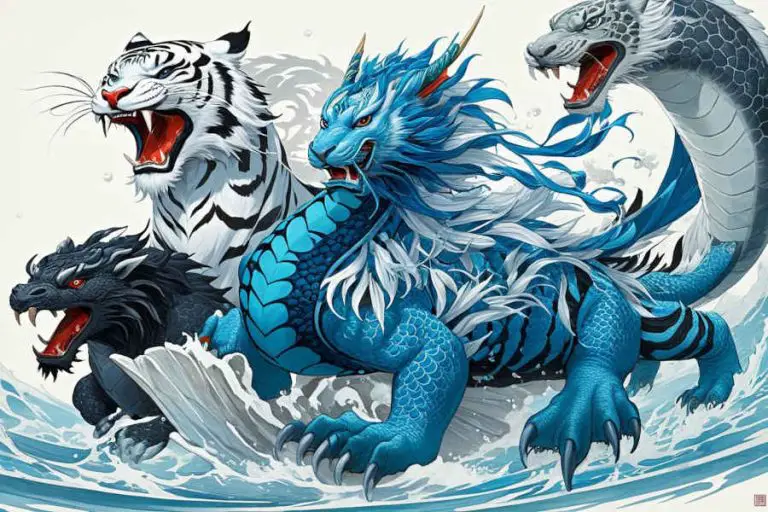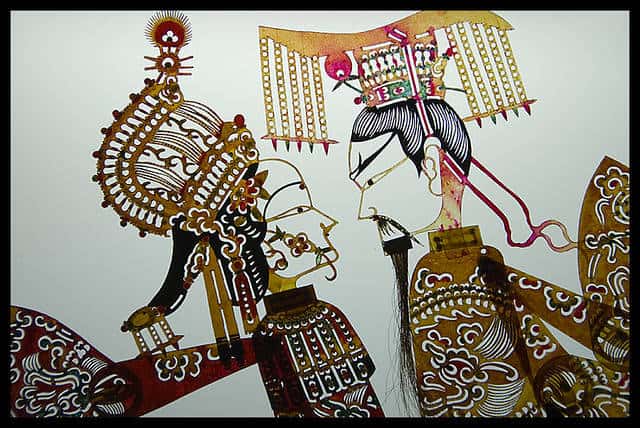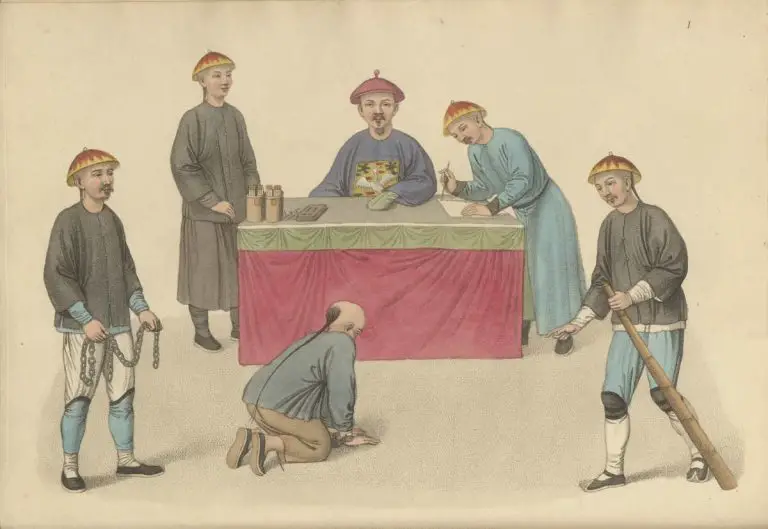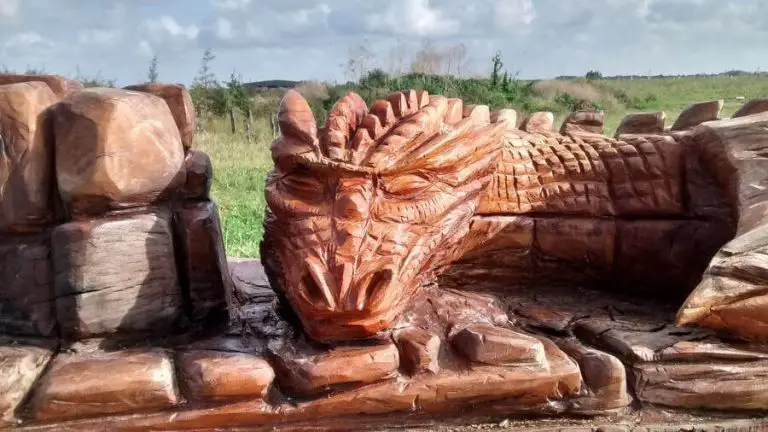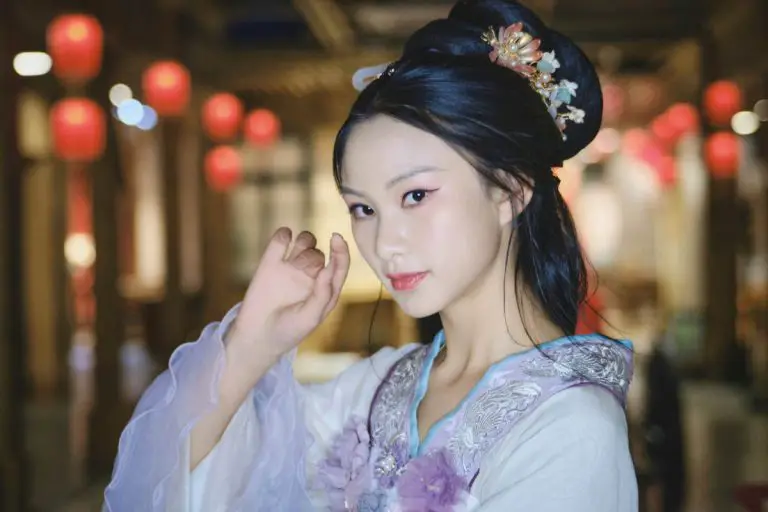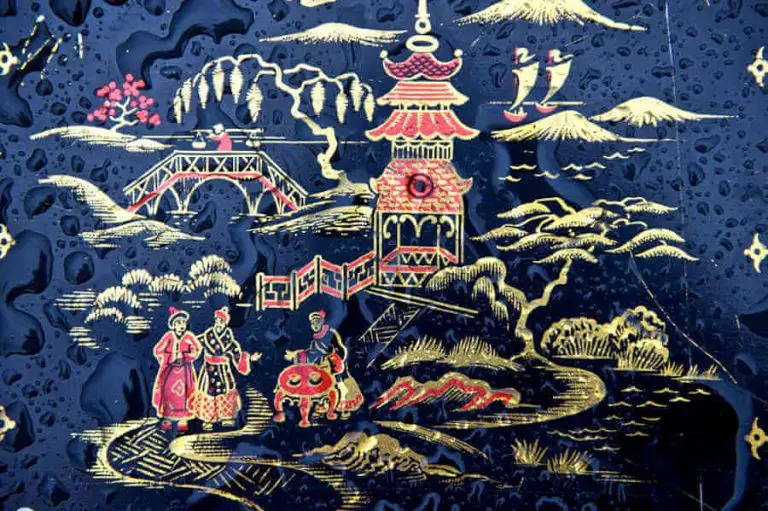
Chinese Lacquerware Techniques and History
Chinese lacquerware is a method where artisans use lacquer to coat the outer surface of furniture, sculptures, accessories, and other things that are typically made of wood or metal. ‘Lacquerware’, refers to objects that have been coated or covered with lacquer.

